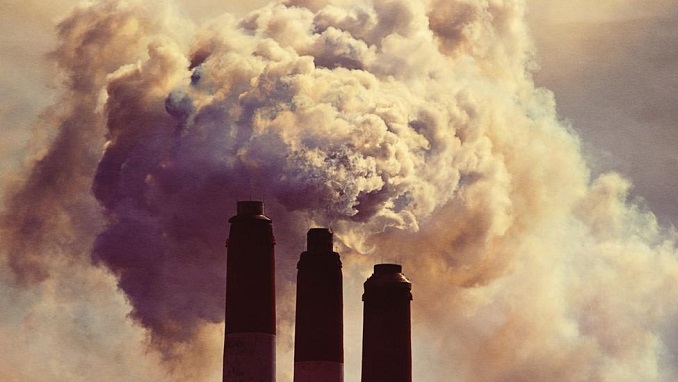Russia generates much less greenhouse emissions than other major economies throughout the globe, but it will bear the brunt of the consequences of global warming more than others. A group of American researchers developed a worldwide geographical index of climatic inequality.
According to an article in Science Advances magazine, it represents the national economy’s greenhouse gas emissions to the predicted warming of the country’s climate in the twenty-first century. Russia was rated #1 out of the 192 members of the United Nations, Izvestia writes.
This does not imply that Russia generates the fewest emissions, but that the environmental harm caused by global warming will be disproportionately significant in comparison to Russia’s emissions. The major emitters of greenhouse gases from Europe, Asia, and North America are at the bottom of the list since they would suffer from global warming to a much smaller extent owing to their geographical position.
“The coastal regions of Japan, South Korea, China, and Taiwan create the most greenhouse gases, followed by Europe, including Moscow and St. Petersburg, and the United States’ Atlantic Coast. While the Arctic suffers the most, with Russia owning more than half of it. As it turns out, our nation suffers the greatest losses as a result of climate change” Igor Shkradiuk, an expert from Russia’s Ministry of Natural Resources and Environment’s public council, agreed.
The experts emphasized that merely 8% of land produces 90% of all hazardous pollutants. Simultaneously, the most dramatic rise in temperature, up to 8 degrees Celsius by the end of the century, is projected beyond the Polar Circle, where there are no greenhouse gases at all.
According to MGIMO’s Andrei Avramenko, the problem of climate inequality is especially severe in Russia since the majority of the nation is situated in the taiga and boreal forest zones. “The scientific community has acknowledged the importance of Russian forests in absorbing transboundary greenhouse gases. However, as an exporter of carbon-intensive goods, the absorbing nation will be required to pay the European carbon tax beginning in 2026. Given that global warming is wreaking havoc on the Russian tundra and Arctic, the price Russia will pay for global climate change, much alone climate justice, is prohibitively expensive “, the expert said.
RELATED ARTICLES
ABOUT US
Eurasia News Now is an independent daily news website focused on key political, economic, and environmental issues in Eurasia, produced by journalists and subject-matter experts in the region and around the world.
Contact us: info@eurasianewsnow.com
Eurasia News Now©



